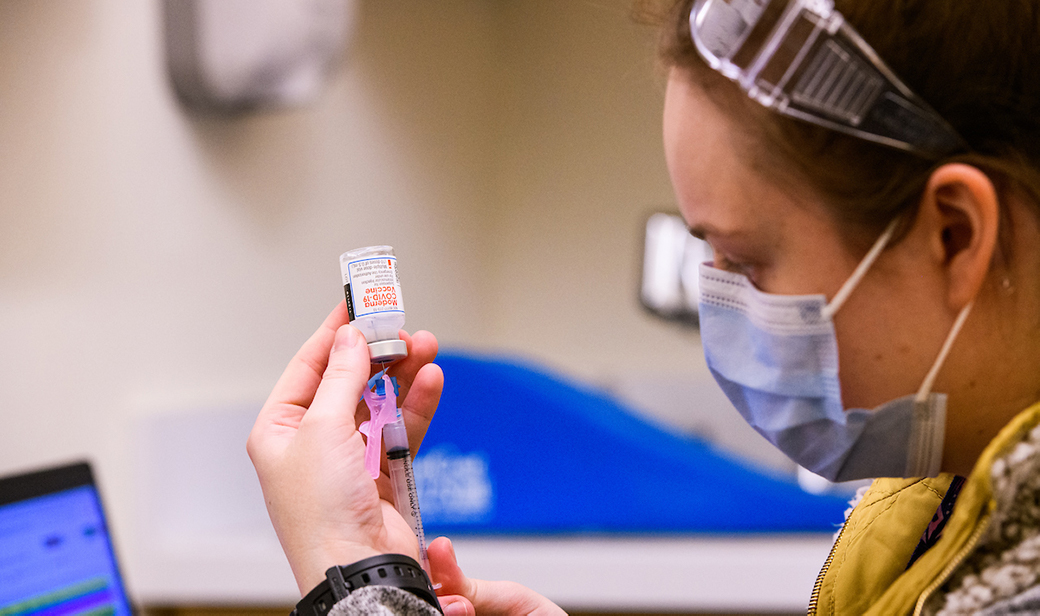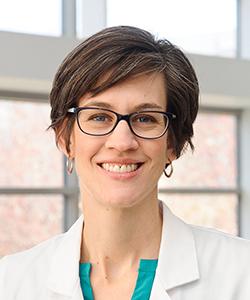Updated 7/13/2022
The U.S. Food and Drug Administration recently authorized a second COVID-19 mRNA vaccine booster for all people over age 50 and for immunocompromised people over age 12. Because the vaccine’s protection against infection drops over time, the authorization applies to people who received their first booster more than four months ago.
If you’re eligible for a second booster but unsure when you should get it, MU Health Care family medicine doctor Laura Morris, MD, said there isn’t a one-size-fits-all answer.
“Age 50-and-healthy is different than age 65-and-healthy and different than age 75 and 80,” Morris said. “The risk is greater as people get older. So the older you are, the more you should consider getting the booster now. And people with a compromised immune system, we can’t really count them in that same category and know how the vaccine is protecting them. If you’re immunocompromised, I recommend getting a second booster now.”
While there is very little downside to getting boosted, waiting a bit longer could be a good decision for people who have tested positive for COVID-19 in the last three months, because the prior infection is still offering protection to them. Healthy adults over 50 who don’t have risk factors such as diabetes, heart disease, lung disease or obesity could consider timing their second booster so they have maximum immunity for an upcoming vacation or special event.
“If there’s a family wedding, a graduation, a concert — those large group settings, particularly indoors, are still going to be risky, because COVID-19 isn’t going to go away,” Morris said. “It would make sense to get your booster shot a couple weeks before a planned event like that. It takes a few weeks for the immunity to kick in after getting a shot, and that way you will be most protected.”
The FDA recommends the second booster should be one of the mRNA vaccines — either Pfizer or Moderna — even if a person’s initial vaccine and booster was Johnson & Johnson. For immunocompromised children between 12-18, the second booster should be Pfizer, which is the only vaccine currently approved for that age group.
If you have vaccine-related questions, Morris recommends talking to your primary care doctor. Morris is happy to discuss the merits of getting the maximum protection from COVID-19 with a second booster, but her more pressing concern is encouraging her patients who still don’t have the minimum protection.
“We know that more than half of the eligible people haven’t received their first booster, so it’s a little premature to talk about second boosters,” she said. “And we still have a significant proportion of people who haven’t gotten the vaccine at all. So if you haven’t gotten vaccinated, let’s get vaccinated.”




